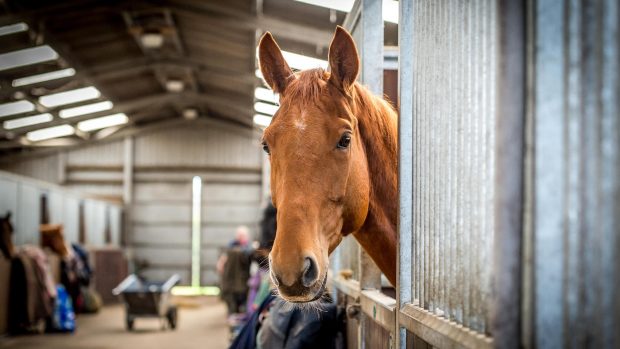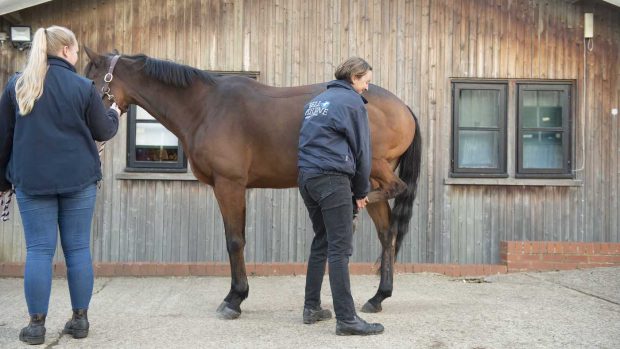Q: A few years ago we bought a dressage schoolmaster for our daughter through a dealer we knew personally. The dealer had the horse vetted, which he passed, and X-rays taken were declared to be clear.
After a few weeks we noticed some stiffness that disappeared with work. The horse was also grumpy when handled. I took the X-rays to my own vet, who spotted bone chips. He could not understand why these had not been pointed out during the vetting, as they were potentially significant enough to cause problems, if not now, in the future. It transpired that the horse was also showing signs of arthritis in several joints.
The dealer denied injecting him to get him through the vetting, but over the next two years the horse’s condition worsened and we took the difficult decision to have him put down. The vet who did the vetting has been struck off for malpractice. I wonder whether I may have a claim against the dealer and/or the vet concerned, or whether it would be impossible to prove there was collusion between the two?
A: Unfortunately H&H receives many letters like this, but the vet being struck off is an unusual twist, so we consulted solicitor Stuart Farr of Laytons in Manchester for his views.
“While it’s always advisable for a purchaser to have a horse properly vetted before buying, the difficulties you have experienced are most unfortunate and certainly highlight a risk buyers can face when having a horse inspected by a vet employed by the seller,” he explains.
“It’s difficult to assess from what you say whether or not the vet’s alleged malpractice had any bearing on your particular case. Further, due to the passage of time and in the face of the dealer’s denial, the chances of you proving some form of collusion between the two are now much lower.
“That said, the vet concerned almost certainly owed you a common law duty of care to act with reasonable care and skill in the preparation of his report, especially because he would have known you would rely on the report as part of your decision to purchase,” continues Stuart.
“Notwithstanding the vet’s current situation, you may still be able to pursue a claim for negligence against him if his professional indemnity insurance cover exists and remains valid.
“You are likely to need an expert report confirming your own vet’s opinion that the problems were so obvious at the time of purchase they should have been identified and appropriate advice given to you by the vet concerned.
“The apparent conflict of interest on the part of the vet may also add some weight to your argument. You should seek legal advice on the matter without further delay, as it may be possible for you to claim damages against one or the other (or even both) for the losses you have incurred so far.”
Information
Laytons Solicitors Tel: 0161 834 2100 www.laytons.com
This Q&A was first published in Horse & Hound (25 October, ’07)




